Environmental Education & Stewardship
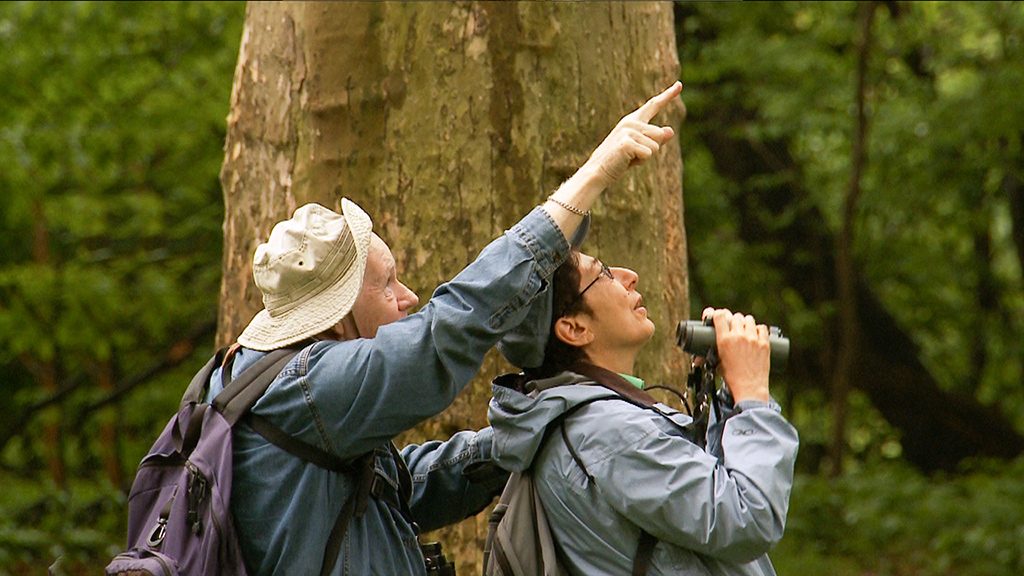
Many modern environmental issues have been attributed to declining rates of environmental literacy in the general population. In this line of inquiry, we respond to the problem by developing innovative tools for understanding, assessing, and promoting environmental awareness and pro-environmental behavior in children and adults. This includes an emphasis on expanding public engagement in environmental research and policy, with the ultimate goal of providing diverse populations with the skills needed to make informed decisions and engage in responsible stewardship actions. Our research in this thematic area includes studies of:
- Citizen science participation, motivations and outcomes
- Environmental education programming and outcomes
- Environmental stewardship and pro-environmental behavior
Lab projects related to this research theme are highlighted below. Be sure to check out the papers and presentations pages for more details about key findings associated with each project.
Current/Ongoing Projects
Citizen Science Participation & Outcomes
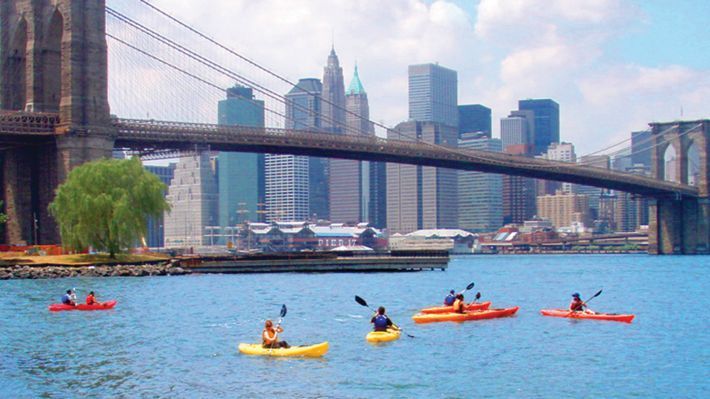
Citizen science initiatives are rapidly growing in popularity, but relatively little social science research has explored the mechanisms driving the citizen science movement or its impacts on citizen scientists themselves. Of particular interest are the motivations of citizen science participants, their participation patterns, and the individual and community-level outcomes (both ecological and educational) derived project involvement. To answer some of these questions, we are working with a variety of specific projects (e.g., Audubon’s Christmas Bird Count, NC Candid Critters) and institutions/organizations (e.g., NC Museum of Natural Sciences, SciStarter.org) to enhance understanding of citizen scientists. Our studies, funded by a variety of organizations including the National Science Foundation, are exploring participant demographics, motivations, perceived constraints, data usage, and the broader environmental and social impacts associated with diverse programs. Results should inform the development and implementation of future citizen science projects to increase volunteer satisfaction, promote multi-project engagement, enhanced diversity, equity, and inclusion, and maximize beneficial outcomes to science and society across the broader landscape of citizen science.
Collective Evaluation in Informal Science Education
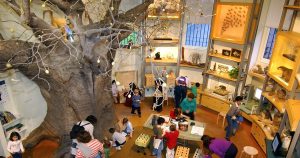
As more people learn about science in informal settings (e.g., museums, science centers), evaluation of these experiences is critical. We use the term “collective evaluation,” a hybrid of shared evaluation systems and collective impact, to reflect the growing emphasis in the field of informal science education (ISE) on tracking the aggregate influence of museums and other entities on cross-cutting science learning outcomes. Working with science centers across the state of North Carolina through our Impact NC project, we aim to cultivate a common agenda, mutual engagement, and shared measurement among participating institutions. This work is designed to help organizations across the field use a common framework for evaluating program effects (a collective evaluation system), thereby generating a more comprehensive base of evidence to support program design and the broader value of ISE.
Nature-based Recreation & Conservation Behavior
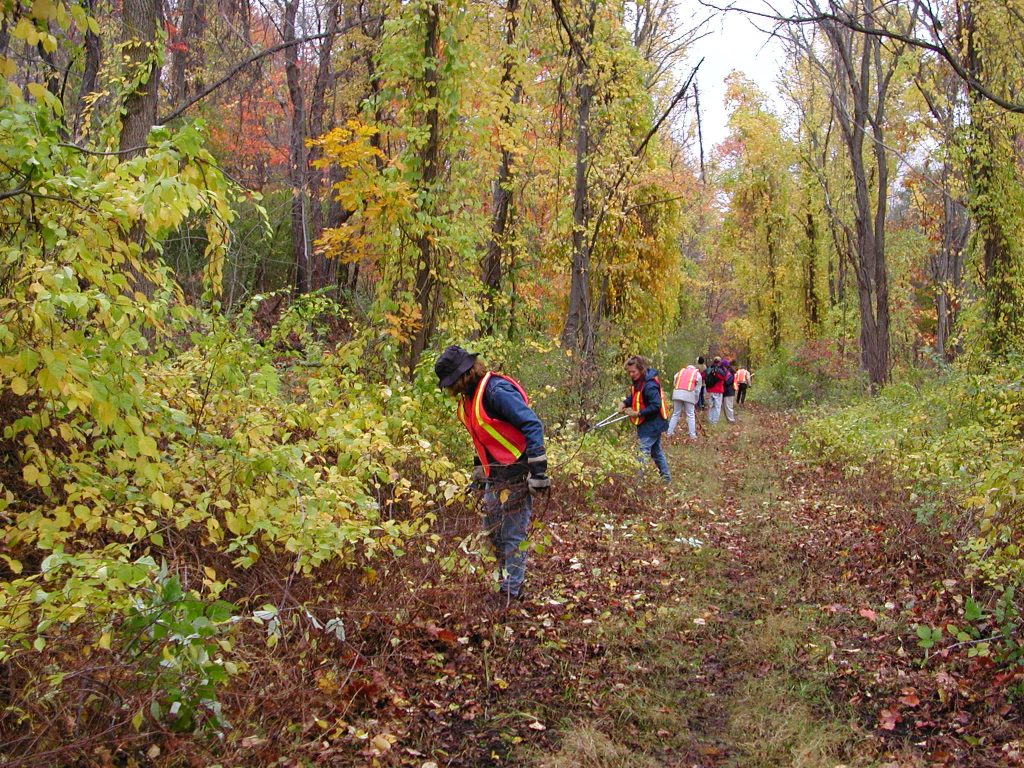
What inspires people to engage in pro-environmental behavior and work to enhance their communities? Working with colleagues at NC State University, Cornell University and a variety of other collaborators, we are studying relationships among nature-based recreation (e.g., hunting and birdwatching), sense of place, and participation in local environmental and capacity-building behaviors. Using a combination of interview and survey methods, we are attempting to identify associations in a hypothesized Recreation-Conservation Model and construct a set of recommendations that will help land managers in socioeconomically-deprived areas capitalize on nature-based recreation to cultivate bonds to place, foster stewardship behavior, and enhance community vitality.
Completed Projects
Sea Turtle Conservation Outreach in Coastal Georgia
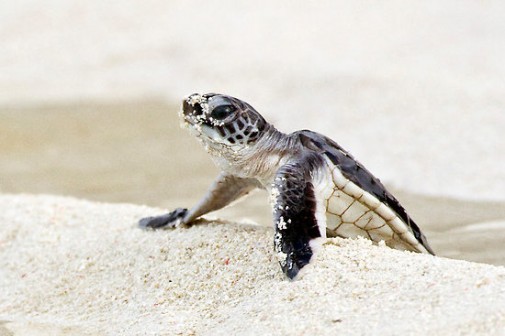
As coastal development increases in many areas of the world, marine species often suffer. Sea turtles are particularly vulnerable to anthropogenic change. We worked with colleagues at the University of Georgia and the Georgia Sea Turtle Center in Jekyll Island, GA, to identify the best public education and outreach platforms for island guests and visitors. Our primary goal: encourage stewardship behaviors to reduce environmental impacts and promote sustainable development. (2014-2018)
Awareness of & Attitudes Towards Alligators
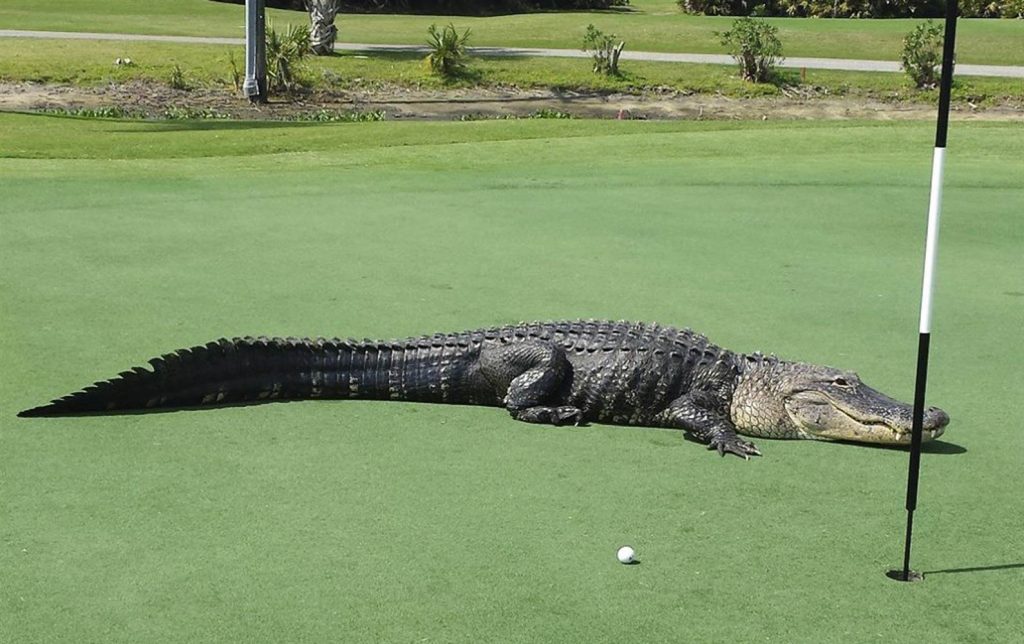
This project, conducted in collaboration with the Georgia Sea Turtle Center, used Jekyll Island, GA, as a case study site to assess local residents’ and tourists’ awareness of and attitudes toward alligators. The goal: mitigate human-alligator conflict by identifying and developing optimal strategies for alligator management and communication with the public. (2012-2016)
Environmental Education in Underserved Communities
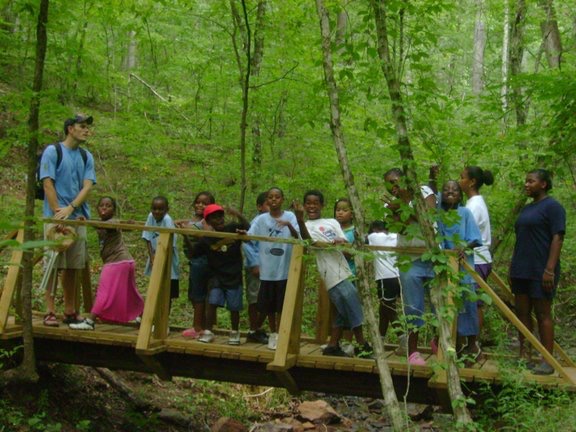
Working with a number of local organizations in the Athens, GA, area, we designed, implemented, and evaluated a series of nature-based eco-camps in historically underserved communities. Projects were designed to examine the factors that affect the development and maintenance of positive environmental orientations in minority children. This included investigations of the influence of different EE delivery methods (particularly art-based EE programming) on children’s environmental attitudes and awareness. (2006-2012)
Other Past Projects Linked to the Lab
Effects of Nature-based After-school Programs on Students & Teachers
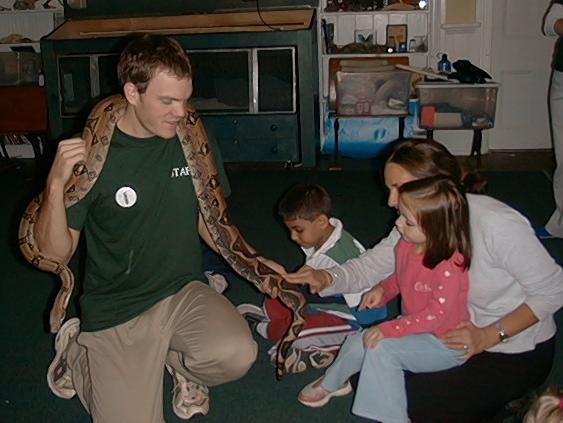
From several years, Dr. Larson worked with the State Botanical Garden of Georgia to evaluate the effects of the year-long Garden Earth Naturalist After-school Science Club program on the environmental orientations of elementary and middle school students and teachers across Georgia. The evaluation also incorporated feedback from teachers collected during the biannual professional development curriculum workshops. (2006-2010)